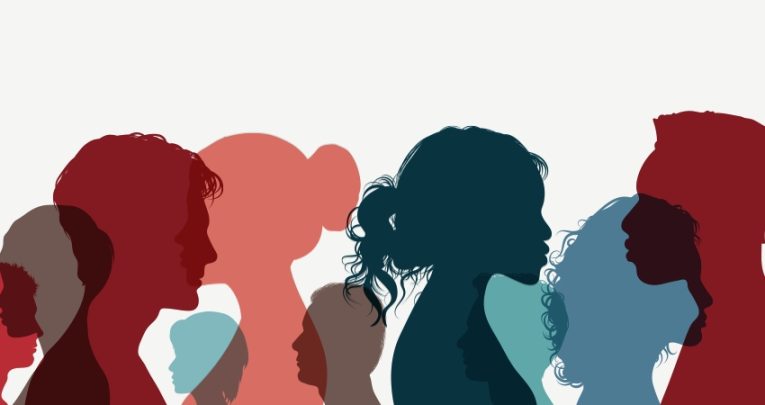Schools Consent Project – It’s time for schools to talk frankly about consent

We owe it to our students to openly discuss the complexities and sensitivities surrounding matters of consent, says Luke Ramsden

- by Luke Ramsden

Helping our young people understand the issues surrounding consent and sexual relationships has never been more important. Here’s how the Schools Consent Project is playing its part...
The response we saw to the 2020 launch of the Everyone’s Invited website brought out into the open the prevalence of sexual harassment and violence in schools. The appearance of story after story on the site concerning institutions ranging from the Army to the Police and the Fire Brigade have since shown that the issue certainly isn’t limited to school-age children.
At the same time, however, the understandable concerns for the safety of girls and women prompted by the site’s content has been met by a backlash. We’ve seen young men actively embrace the toxic masculinity of influencers like Andrew Tate.
We’ve seen stories in the national press warning that innocent young men have themselves felt victimised by a ‘climate of fear’ around harassment.
The Schools Consent Project
And all this, of course, is being put at the door of schools to try and solve, alongside an ever-growing list of responsibilities. These include maintaining academic standards, supporting families through the cost of living crisis and providing mental health support.
A growing number of schools are therefore turning to the Schools Consent Project as a starting point for educating their young people about consent. Our charity trains volunteers who work in law to lead sessions that talk to boys and girls about the legal realities of sex and consent. We then facilitate discussion within the group about how these apply to a series of different real-life scenarios.
The benefits of this approach are that students often find it easier to engage with someone other than their usual teacher. They’ll listen to someone with up-to-date legal expertise. Crucially, we approach the issue from the point of view of the facts, rather than with an overt moral message.
This helps both boys and girls to approach the workshop with an open mind, whatever their pre-existing views. Sessions are tailored to the age group of the students. Younger students look at issues relating to appropriate use of social media and sexting. Older students examine the kind of situations that may arise at house parties and when they start life at university.
Trending
Breaking the silence
Our aim is to empower young men and women to make informed and healthy choices about their own sexual relationships. At the same time we want to help them to understand that sexual violence and harassment are never acceptable. We also want to teach them how to communicate with their current and future partners about consent, and how to recognise and respect boundaries.
More generally, we seek to support young people in challenging misogyny and sexism, and recognising and reporting cases of sexual violence and harassment. Not knowing how to report such issues, or not understanding the importance of doing so, is what ultimately leads to a culture of silence and acceptance.
We hope that our workshops can be a springboard for schools to develop a broader culture of talking about consent. It’s a topic that young people actively want to discuss. Teachers who attend our workshops often leave feeling much more confident about being able to continue the conversation with their students afterwards.
Of course, support is also available from a growing number of resources for teachers and PSHE leads – from ready-made relationships and sex education and PSHE lessons developed by specialist providers, such as Life Lessons, to TV programmes that specifically address related issues, like the recently screened Channel 4 drama, Consent.
We’ve seen for ourselves the positive impact our workshops have had among boys and girls alike. Student surveys taken before and after sessions show that they feel far more confident in discussing and dealing with these issues after attending a Schools Consent Project workshop.
Luke Ramsden is senior deputy head at St Benedict’s School and chair of trustees for the Schools Consent Project; for information and to book a workshop, visit schoolconsentproject.com. Browse resources for Sexual Health Week.










